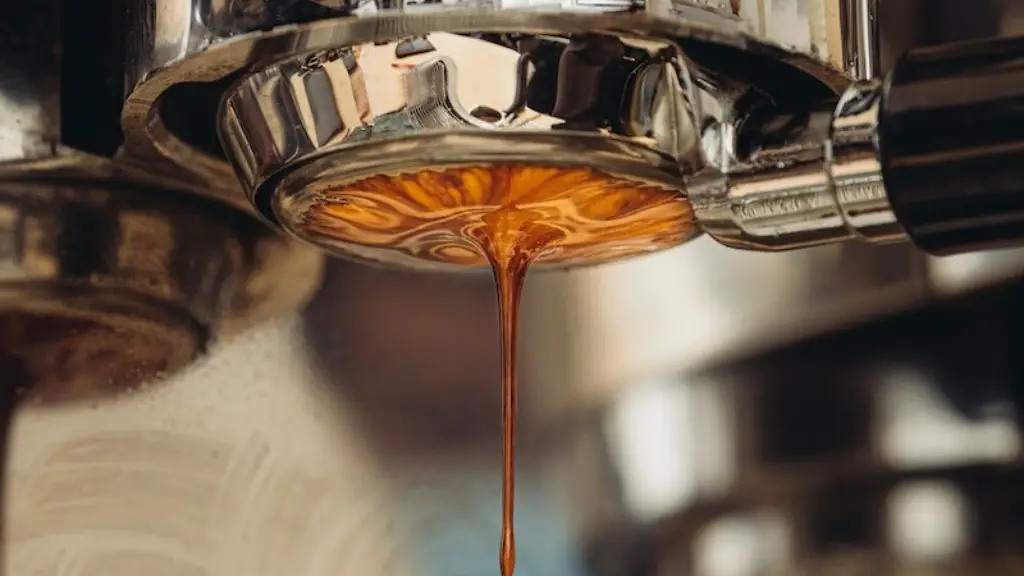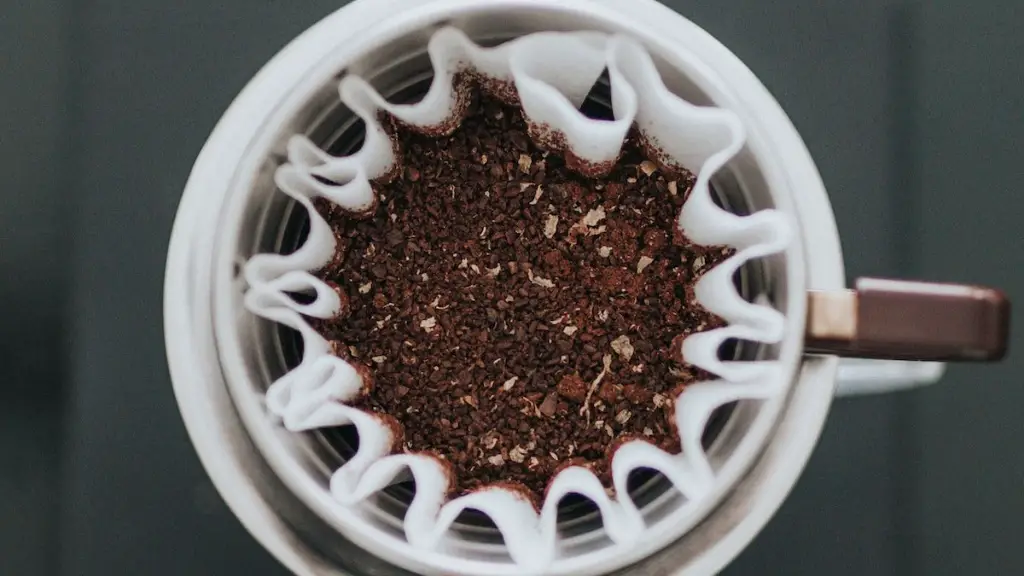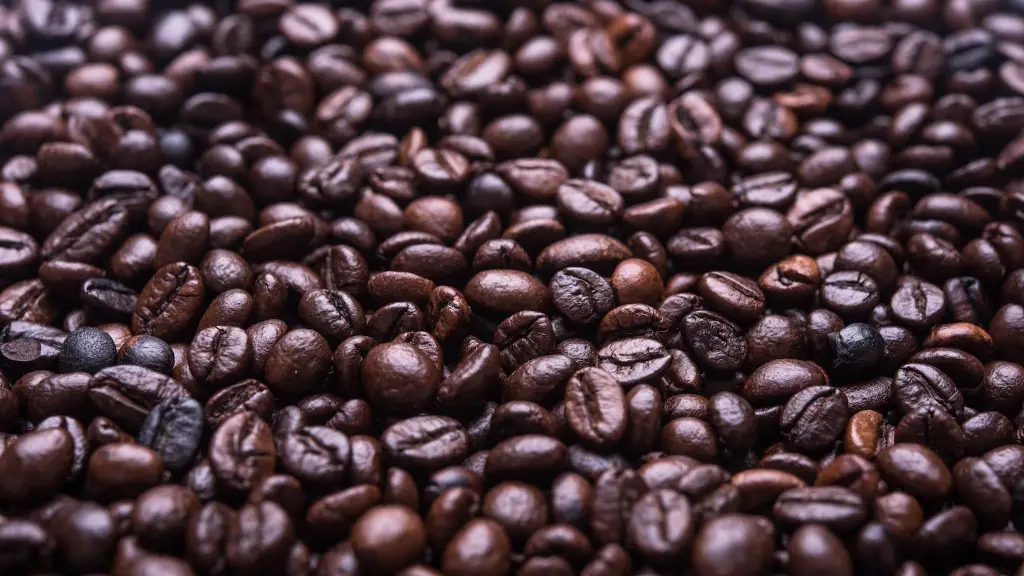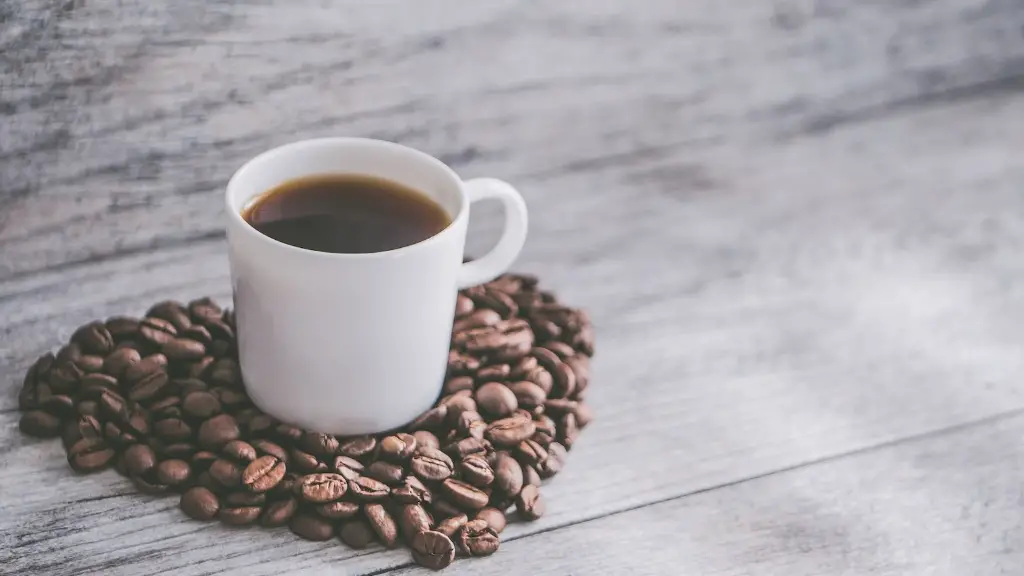Acid Reflux and Coffee
Acid reflux is an uncomfortable digestive disorder afflicting millions of people worldwide. It occurs when the lower esophageal sphincter (LES), which should act as a one-way valve, instead relaxes and allows stomach acid to enter the esophagus and throat. This can create burning sensations, chest pain, and in certain cases, vomiting. Coffee is an oft-cited culprit for acid reflux because of its acidic nature, but can drinking coffee actually exacerbate the condition?
Many sources point to coffee being a major trigger for acid reflux. In 1971 the American Medical Association published a study in which the majority of participants reported that coffee exacerbated their reflux symptoms. The caffeine in coffee is thought to play a major role in promoting the production of gastric acid, thus decreasing the effectiveness of LES. Some have proposed that the fats and oils found in some creamers and other coffee additives may be the true source of the problem.
However, while there are many sources which point to coffee causing acid reflux, there are just as many studies that suggest otherwise. For example, a study carried out by the School of Medicine at the University of Hong Kong followed 874 participants and found that that there were no statistically significant correlations between coffee consumption and prevalence of acid reflux symptoms. The study even took into consideration distinctions between light and dark roast coffees.
It has been hypothesized that the microbiome in the stomach may be the primary factor related to acid reflux and coffee. It is thought that individuals with different bacteria compositions in their stomachs will respond to coffee differently far more than individuals with similar microbiomes. As such, some medical professionals suggest that individuals experimenting with adding/removing coffee from their diet should test each dietary change with a careful look at their symptoms.
Other sources point to individual lifestyle habits as a primary factor in the effects of coffee on acid reflux. Factors such as amount of sleep, exercise, food intake, and stress can all play a part in the system’s ability to repress the symptoms associated with acid reflux. One healthy practice which many suggest is reducing the caffeine quantity in one’s coffee drinking.
Decaffeinated Coffee and Acid Reflux
Many experts recommend those with acid reflux switch to decaffeinated coffee. This alternative cuts out the caffeine that may be exacerbating the condition while still providing the same aromatic and delicious taste associated with coffee. Some have proposed that decaf coffee is an even better alternative since because it lacks caffeine it can stimulate the production of stomach acid to a lesser degree.
A 2018 study conducted by the University of Maryland proved decaf was an effective alternative to traditional coffee. The study followed acid reflux patients and compared their symptoms when drinking both regular and decaf versions of the same blend of coffee. Though both versions of the coffee caused some degree of acid reflux symptoms, those who refrained from drinking regular coffee to the detriment of decaf reported significant reductions in the severity and intensity of their acid reflux symptoms.
Psychosomatic Factors
Coffee may also have a psychological effect on individuals with acid reflux. It has been found that anxiety is correlated to the development of acid reflux in certain individuals. As such, for these people, simply the ritual and experience of drinking coffee may itself be a trigger for the condition. In working with these individuals, medical professionals encourage them to focus on the experience of drinking the coffee, rather than simply the act of drinking it, in order to reduce anxiety stemming from the act of drinking coffee.
In a 2017 report by the Mayo Clinic, one of the leading causes of naturally-induced acid reflux is stress. Many of the patients studied reported that their acid reflux problems were exacerbated when, instead of treating it as a drink, they began to see coffee as an energy booster and pick-me-up. This, paired with the fact that the caffeine in coffee can aggravate the LES pressure, created a situation in which the mere act of drinking coffee caused the patient to stress and worry simply because they knew what the results of drinking coffee would be.
Coffee Alternatives
If acid reflux is an issue for you, it may be best to avoid coffee altogether. Of course, this can be much easier said than done! Thankfully, there are many delicious coffee alternatives that can provide tasty and satisfying drink experiences that don’t trigger acid reflux.
Some favorites are dandelion root coffee, chicory root coffee, carob coffee, and even teas such as matcha. While these drinks don’t provide the same kick of caffeine as traditional coffee, they have a unique and interesting taste which many have fallen in love with. Plus, they provide a much lower acidity and are known to promote positive digestion.
Herbal Teas
Herbal teas can be a great way to stay hydrated while still enjoying a flavorful drink. Herbal teas lack caffeine and are often associated with health benefits. Popular herbal teas include ginger, peppermint, chamomile, and hibiscus which all have unique and delicious flavors. Many of these can be added to traditional tea or purchased in pre-packaged tea bags.
Herbal teas carry fewer risks for those with acid reflux than traditional black and green teas. This is because herbal teas lack the tannins found in regular varieties which are known to trigger more serious acid reflux flare-ups. Also, as mentioned, many herbal teas are associated with health benefits such as aiding in digestion and reducing cramps.
Carbonated Beverages
Carbonated beverages, such as tonic water, are particularly refreshing and can be great alternatives to coffee. While tonic water alone is both caffeine-free and offer a low acidity, it can be flavored with other beverages or syrups such as ginger beer or elderflower cordial. These alternatives create unique and interesting drinks that provide the bubbling sensation of a traditional cola, but are free of caffeine and other stimulants.
Common carbonated beverages such as cola and root beer have a much higher acidity and can often exacerbate acid reflux. If you are looking to find a carbonated alternative to coffee, it’s best to stay away from these and find something lighter and more refreshing.
Conclusion
When it comes to coffee and acid reflux, the jury is still out on whether coffee is truly to blame for causing the condition. While many studies suggest that coffee could be the problem, others suggest that it is an individual’s lifestyle habits and microbiome makeup that could influence whether or not coffee causes acid reflux. For those that find coffee to be too much of a risk, there are many wonderful alternatives such as herbal teas and carbonated beverages that can be chosen to satisfy one’s coffee craving without adversely affecting one’s health.




